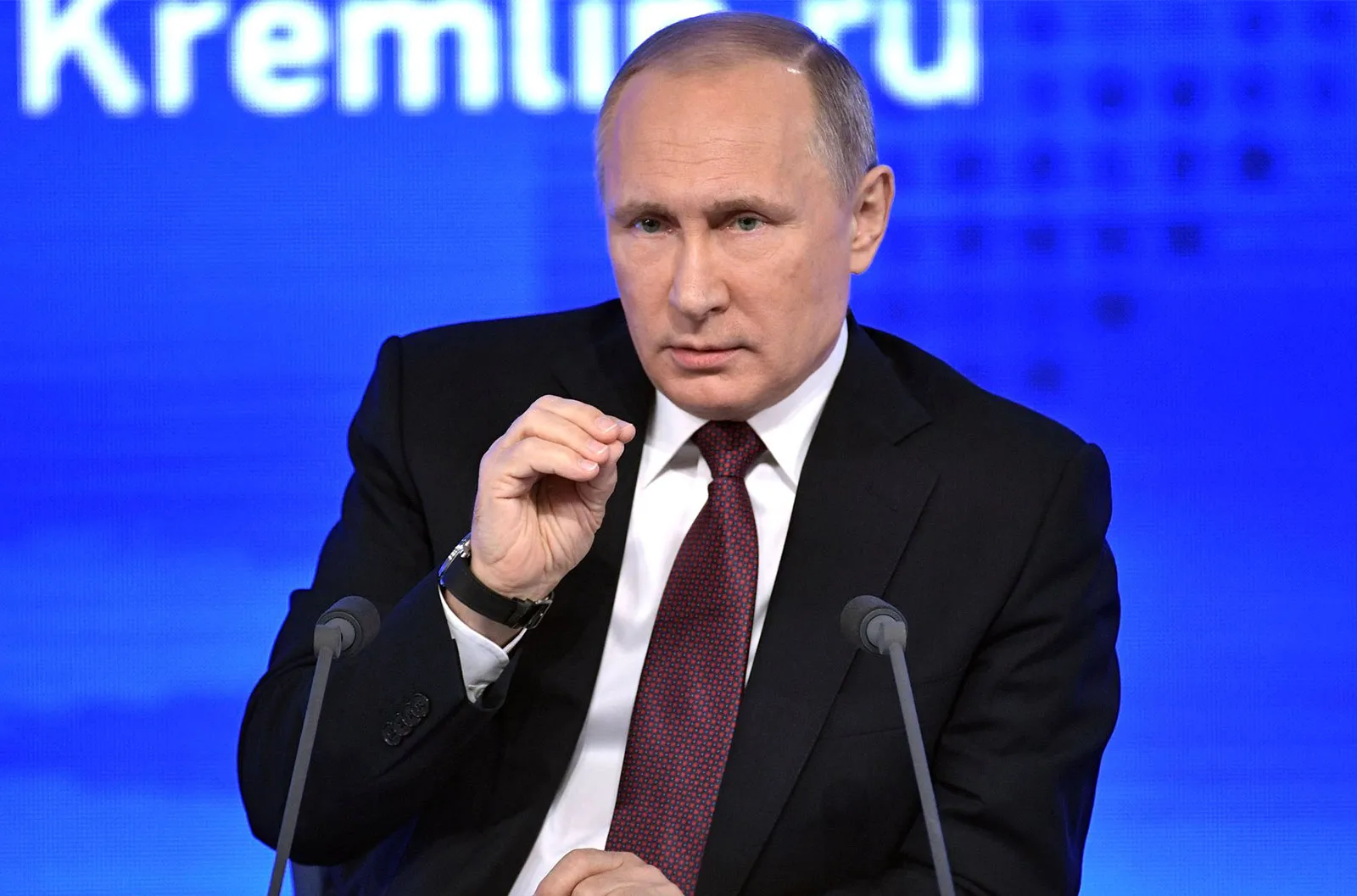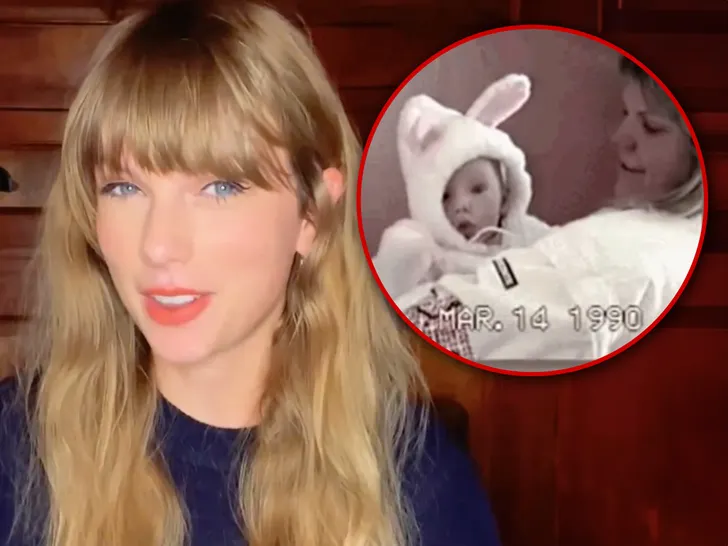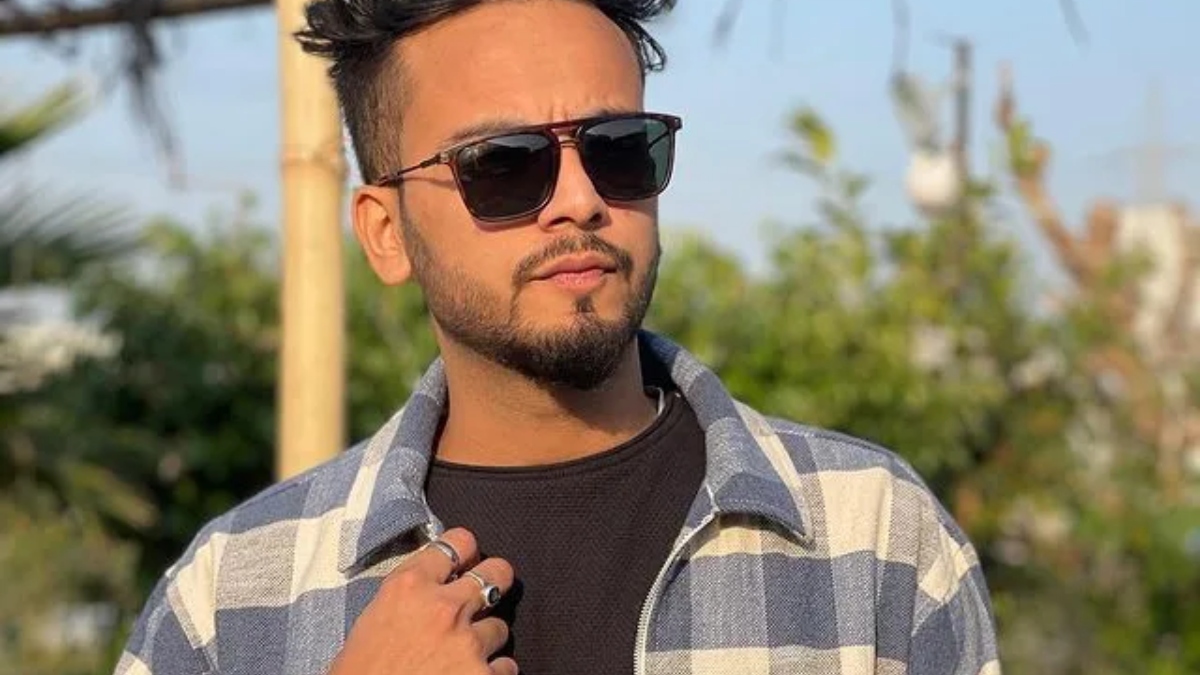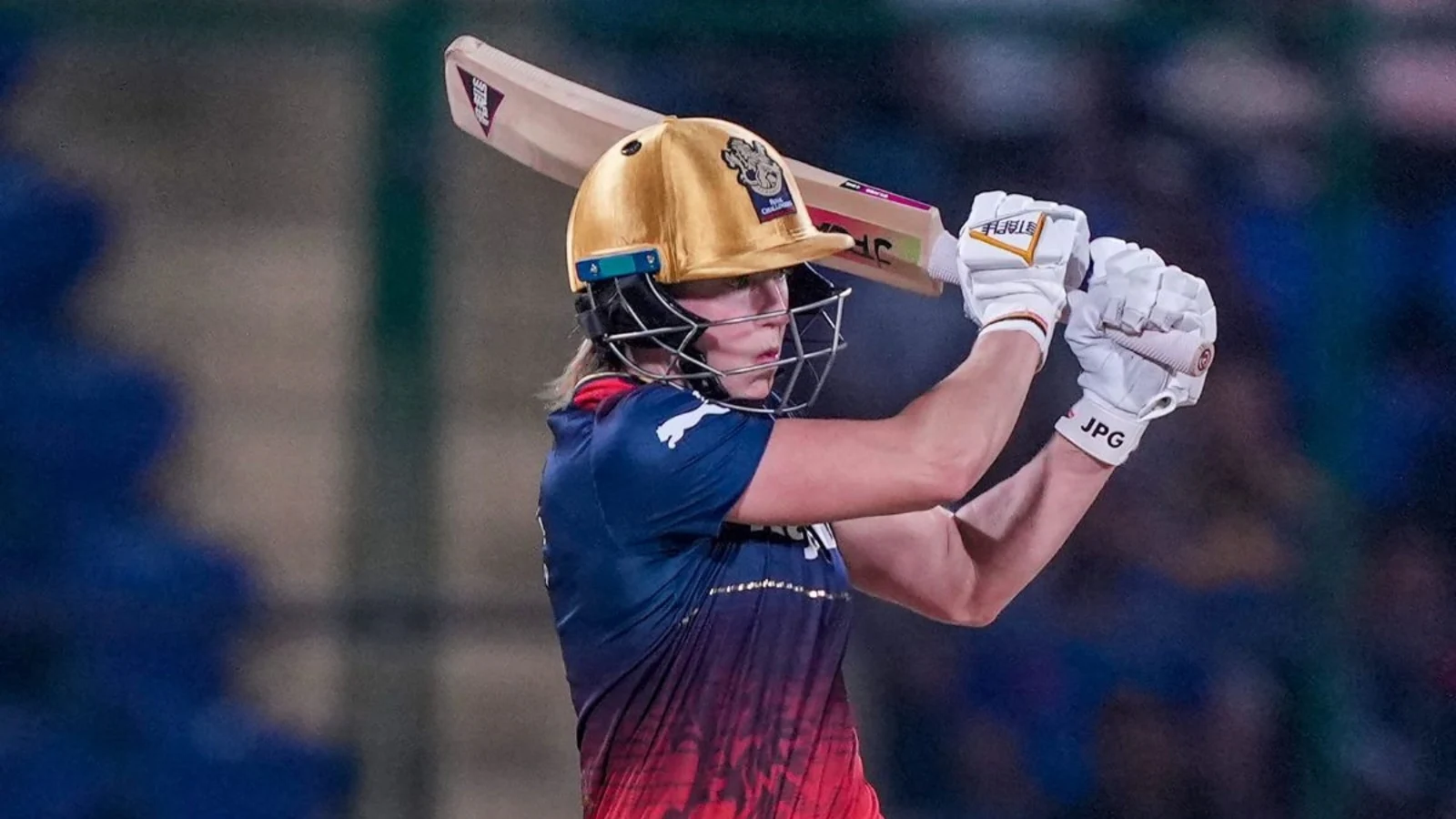Russian President Vladimir Putin Supports Prisoner Exchange Involving Navalny: Insights Into His Comments and Political Landscape
Vladimir Putin, securing his fifth term as Russian President uncontested, recently addressed the controversial topic of Alexei Navalny’s death. Navalny, a prominent opposition figure, died under suspicious circumstances while in prison, prompting global scrutiny and condemnation. Putin’s comments, made in the aftermath of Navalny’s demise, shed light on his perspective and the complex dynamics surrounding the incident.
In his first public statement regarding Navalny’s death, Putin adopted a stoic tone, asserting, “It happens. There is nothing you can do about it. It’s life.” This remark, delivered in response to a query by NBC, reflects Putin’s pragmatic approach to the situation. He went on to disclose that just before Navalny’s death, there were discussions within his administration about a potential prisoner exchange involving Navalny and individuals held in Western prisons.
According to Putin, when presented with the idea of swapping Navalny for prisoners in Western countries, he promptly agreed. However, he lamented that the proposed exchange could not materialize due to Navalny’s untimely demise. This revelation provides insight into Putin’s willingness to engage in diplomatic negotiations, albeit under certain conditions.
Navalny’s allies had previously hinted at ongoing discussions regarding a potential prisoner swap involving the opposition leader. Maria Pevchikh, a close associate of Navalny, disclosed that talks with both Russian and Western officials were underway, with the negotiations reportedly reaching an advanced stage. However, Navalny’s sudden death cast a shadow of suspicion over the circumstances surrounding his demise, leading some to speculate about foul play.
Despite Putin’s apparent willingness to consider a prisoner exchange, he outlined a crucial condition for Navalny’s release: the opposition leader would have to agree never to return to Russia. This stipulation underscores Putin’s desire to maintain control over the situation and prevent Navalny from resuming his activism within the country. Navalny’s wife, Yulia Navalnaya, reportedly rejected an offer to return to Russia, indicating the family’s reluctance to comply with Putin’s terms.
The case of Navalny is just one among several instances of individuals facing incarceration in Russia under contentious circumstances. Evan Gershkovich, a journalist for the Wall Street Journal, was arrested on espionage charges, while Paul Whelan, an American corporate security executive, received a lengthy prison sentence after being convicted of espionage. These cases highlight the broader issue of political repression and human rights violations within Russia, drawing condemnation from international observers.
Putin’s comments on Navalny’s death offer a glimpse into the intricate web of power dynamics and geopolitical tensions that define contemporary Russian politics. As Putin consolidates his grip on power, his handling of sensitive issues like Navalny’s death will continue to shape Russia’s domestic landscape and its relations with the international community.





